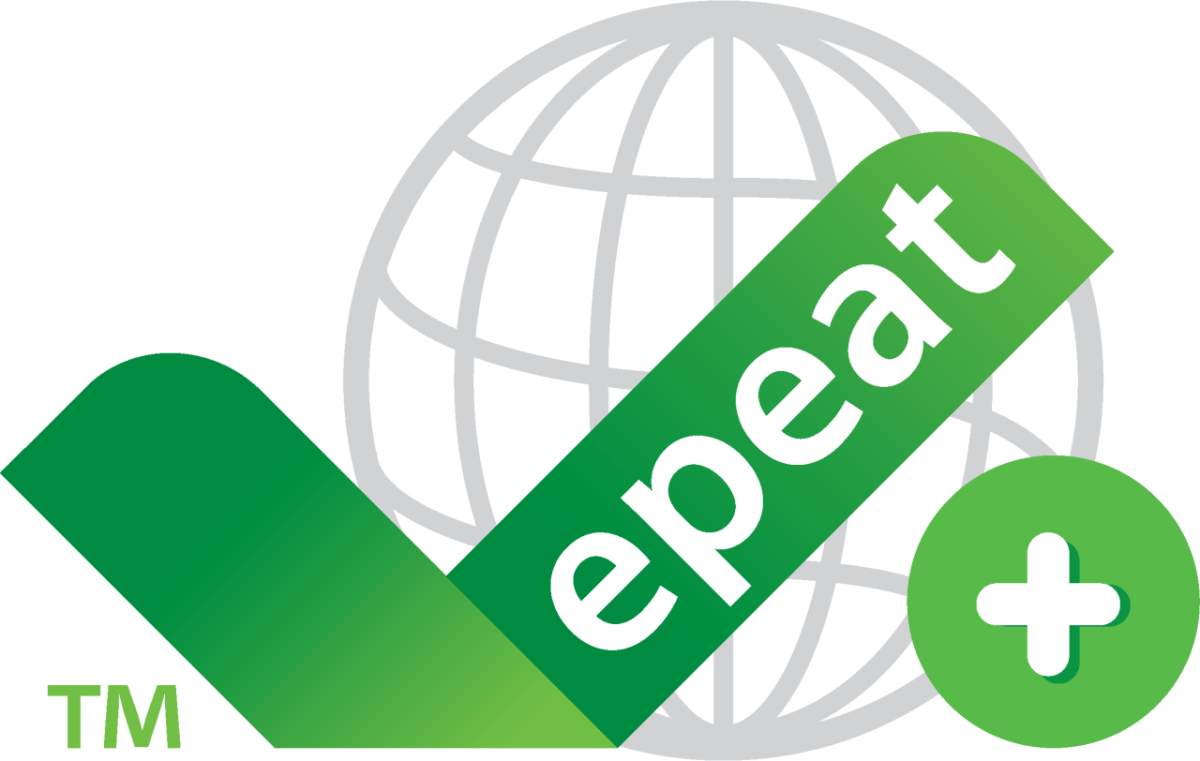
PORTLAND, Ore., June 4, 2024 /3BL/ – Effective immediately, the Global Electronics Council® (GEC) is activating its Ultra-Low Carbon Solar (ULCS) Criteria for the Solar category of the EPEAT® electronics ecolabel, setting the industry’s first embodied carbon threshold limits for use globally.
EPEAT is the only global ecolabel to tackle the often-overlooked issue of greenhouse gas (GHG) emissions during solar module production, enabling purchasers to lower their overall carbon footprint for this key part of the renewable energy infrastructure. For a 100 MW project, installing EPEAT registered solar modules is estimated to reduce up to 45,700 metric tons of CO2e, equivalent to removing over 10,000 gasoline powered cars from the road for one year.
All newly registered solar modules must now meet the low carbon threshold set in the ULCS Criteria to appear on the EPEAT Registry, with those that meet the ultra-low carbon threshold (≤400 kg CO2e/kWp) receiving the coveted EPEAT Climate+™ designation. These criteria and the thresholds contained within apply specifically to manufacturing and the other supply chain activities responsible for most solar module embodied carbon, from raw material extraction through product assembly.
“Just as not all solar is created equal, we also recognize that not all standards and ecolabels are created equal” explains Samantha Sloan, Vice President of Policy, Sustainability, and Marketing, at First Solar, Inc. “In addition to being independently validated, EPEAT for Solar is the first and only global ecolabel to evaluate the embodied carbon of solar modules. EPEAT Climate+ establishes a new benchmark for the solar manufacturing industry and enables customers to confidently procure solar modules that lower their scope 3 emissions and are responsibly made.”
The newly enacted EPEAT Criteria are meant to provide a trusted and consistent framework for evaluating the climate impact of solar modules and to promote low carbon alternatives. Solar manufacturers must now meet a required low carbon threshold (≤630 kg CO2 e/kWp) to appear on the EPEAT Registry. Modules currently on the Registry must also meet this threshold by the end of this year to remain listed.
This marks an important expansion of the EPEAT Climate+ designation which was launched in 2023 and currently includes nearly 1,500 products, produced by leading electronics brands, known as EPEAT Climate+ Champions. “We’re excited to see how solar modules fuel the already explosive growth of EPEAT Climate+” exclaims Bob Mitchell, GEC’s CEO. “GEC and our community created this differentiator to help purchasers, developers and investors quickly identify technology products designed and manufactured with climate change mitigation in mind. Adding solar manufacturers to this community is vital to drive our collective transition to a greener economy.
EPEAT Climate+ designated products are also supported by the twelve organizations that have taken the GEC Climate+ Pledge. All signatories play a vital role in promoting sustainability and driving positive change in their respective industries.
For more information about GEC’s work in solar energy products, visit gec.org, and visit epeat.net for more information about EPEAT registered products.
Global Electronics Council
The Global Electronics Council (GEC) is a mission-driven nonprofit that leverages the power of purchasers to create a world where only sustainable technology is bought and sold. GEC’s work is focused on high-impact sustainability issues, such as climate change and product circularity. It manages the EPEAT ecolabel and produces other resources to support sustainable technology procurement, including training, purchasing guides, sample procurement language, and more. Visit gec.org to learn more.
EPEAT
Managed by GEC, EPEAT is the world’s premier electronics ecolabel. It serves as a free resource for procurement professionals to identify and select products with reduced impacts across key sustainability issues. Since its launch in 2006, procurement professionals have reported purchases of 2.4 billion EPEAT products, generating cost savings of USD 24.6 billion and a reduction of 286 million metric tons of greenhouse gas emissions. Visit epeat.net to learn more.
Contact
Erik Fessler
Manager, Global Communications
Phone Number: +1 971-380-4088
Email: efessler@gec.org

